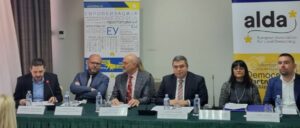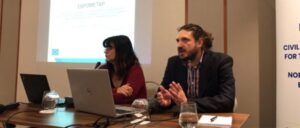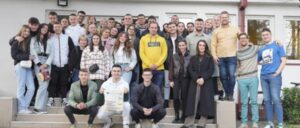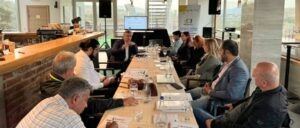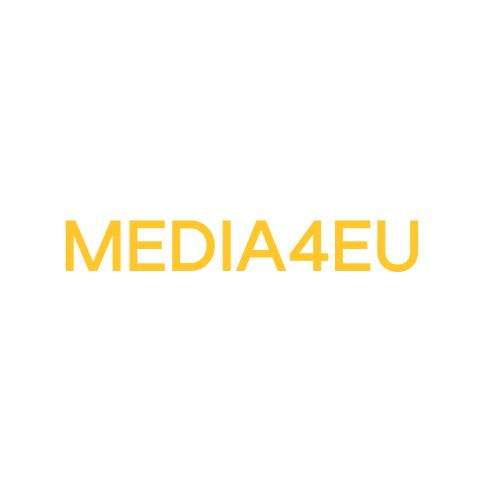
AT A GLANCE
This project is dedicated to the improvement of media and journalism standards in the Republic of North Macedonia. It is notable that while the Republic of North Macedonia’s legislation allows for free expression and speech as well as public access to information and other protections, particularly for groups such as journalists and the media, press freedom still remains an issue due to external pressures. Journalists, publishers, etc. are constantly faced with challenges such as frivolous lawsuits and other intimidation tactics that commonly force them into states of self-censorship. Self-censorship for private interests can lead to declining of journalistic standards, and thus negatively affects policy, civil society, and the lives of citizens.
The Europeanisation process requires an open, honest, and inclusive media that reports the facts transparently so that the citizens can make more informed decisions. The media landscape of North Macedonia is also notably rife with rapidly spreading disinformation, fear, and uncertainty. This project aims to fill the democratic and media quality gaps that have recently been left by rising Euroscepticism in society. Digital and media literacy as well as training in journalism skills and techniques will go a long way in helping to ensure improved quality of public debate in society and a more democratically inclined population.
In North Macedonia, the journalism profession is gradually declining in quality and popularity. For this project, a series of events and activities are planned to help with North Macedonia’s struggling journalism sector and to help ease the slowing of the Europeanisation process. This includes training sessions and workshops, a facilitation of exchanges between more and less experienced journalists, and a series of researches including public opinion surveys and analyses.

Objectives:
The objectives of this project include helping to improve the quality of journalism in North Macedonia in a volatile time in which Euroscepticism is rising and journalistic standards are declining, which in turn can help to strengthen civil society and bring about a more aware and responsible constituency.
The ways in which more quality journalistic standards can be achieved with the project include directly working with journalists, helping to enhance the skills of young journalists, facilitating exchanges of expertise between more and less experienced journalists, including those from EU countries, and considering modern European media quality standards. A problem to consider is the fact that youth are less represented in the journalism profession today due to a lack of trust, and as such, this project seeks to engage in activities that can help to encourage greater participation, such as training courses, workshops on tools such as Eurostat, teaching about analytical and scientific skills, and other practical activities.
Another major goal is to improve the general information environment in the country. Not only will that lead to better information being disseminated by the media, but also contribute to healthier public debate and thus a better policy-making environment. It is important to consider that fighting Euroscepticism and helping to increase the standards of journalism have a double effect in that national institutions are closer to the public and the European integration process is improved.
In the process of this project, the target groups that will benefit from it are journalists of all experiences, civil society organizations, representatives of public institutions, and of course, the citizens of North Macedonia.
